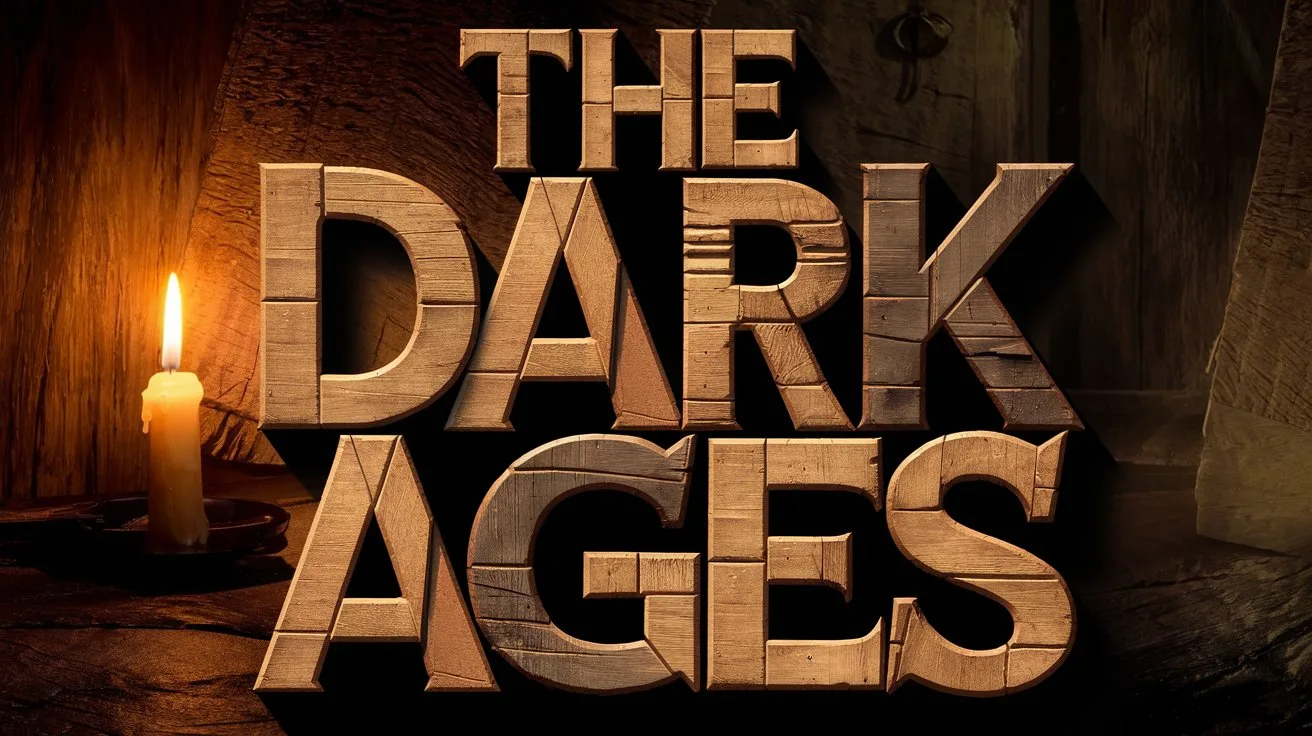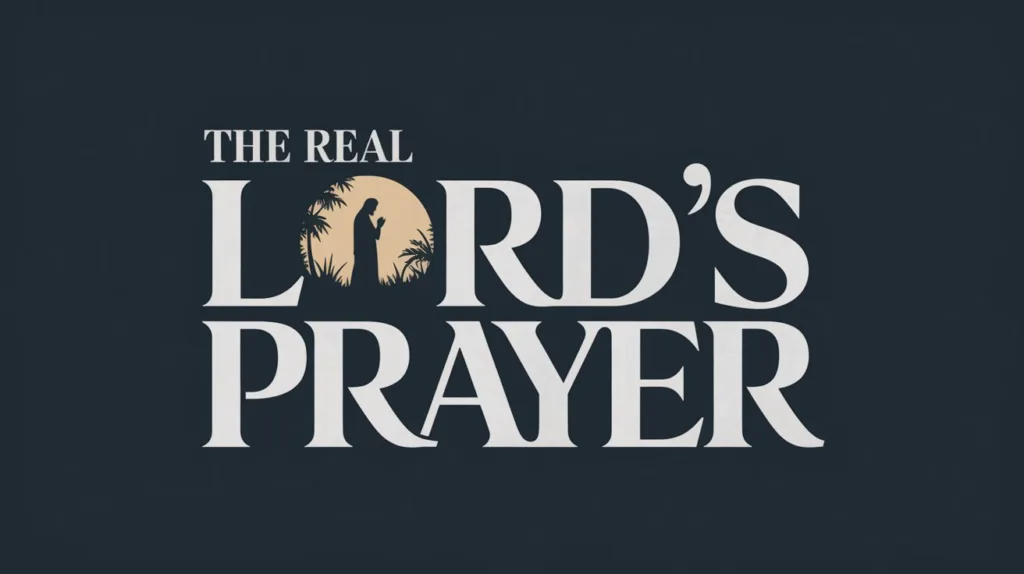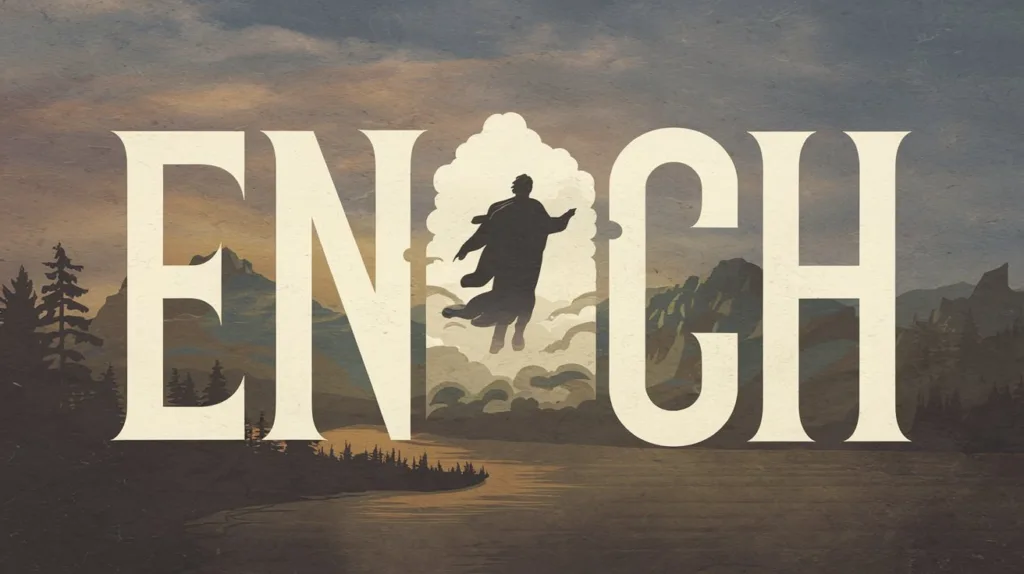The period known as the Dark Ages (roughly 500–1500 AD) was marked by political turmoil, religious corruption, and widespread biblical illiteracy. It was an era in which the true gospel was obscured, and the Roman Catholic Church consolidated power over both religion and government.
Despite the darkness, God preserved a remnant. Through hidden believers, courageous reformers, and the underground movement of the true Church, the light of Christ was never fully extinguished. This study will walk through the key events of the Dark Ages—why it happened, what was lost, and how God prepared the world for the Reformation.
What Were the Dark Ages?
The Dark Ages, also called the Middle Ages, began after the fall of the Western Roman Empire in 476 AD. Society collapsed into chaos, war, and disease. With no central government, the Roman Catholic Church rose to power, controlling nearly every aspect of life.
Biblically speaking, it was a time of great spiritual darkness. The gospel was hidden behind rituals, false doctrines, and an authoritarian religious system. The common people were forbidden to read the Bible, and salvation was replaced with works-based religion, indulgences, and church sacraments rather than faith in Christ alone.
A man-centered religious system had exalted itself above God’s truth. This apostasy started to progress during the early centuries of the Church, but by the Middle Ages, false religion ruled Europe.
The Rise of the Roman Catholic Church and Biblical Corruption
During the first three centuries, Christianity spread rapidly, despite intense persecution. However, when Emperor Constantine legalized Christianity in 313 AD, it became entangled with paganism and government power. Over time, Christianity was transformed into an institutionalized religion, replacing biblical truth with man-made traditions.
By the Dark Ages, the Pope had become the supreme ruler, claiming to have authority over kings and empires. The Catholic Church forbade common people from reading Scripture, keeping them dependent on priests. The Bible was in Latin—a language only the educated elite could understand. This led to widespread deception, as people relied on church traditions rather than the Word of God.
Jesus warned against this kind of religious corruption:
“And in vain they worship Me, teaching as doctrines the commandments of men.” (Mark 7:7)
Here are some of the false doctrines that arose during the Dark Ages:
Papal Supremacy (declaring the Pope as Christ’s representative on earth)
Prayers to Mary and the Saints
Purgatory and Indulgences (paying money to lessen time in purgatory)
The Worship of Relics and Images
Salvation through Works and the Sacraments
Because of this spiritual oppression, many lived in fear, believing they could never be saved unless they obeyed the Church.
Yet, the true gospel never disappeared. Hidden believers (often called Waldensians, Lollards, and other underground groups) continued to follow Christ and His Word in secret, despite persecution.
The Corruption and Control of the Clergy
During the Middle Ages, the priesthood became more political than spiritual. Many church leaders lived in immorality, wealth, and corruption, while the common people lived in poverty. Simony (the selling of church offices) became common, and the popes often behaved like kings rather than spiritual shepherds.
Ezekiel 34:2-3 describes false shepherds in a way that fits this period perfectly:
“Woe to the shepherds of Israel who feed themselves! Should not the shepherds feed the flocks? You eat the fat and clothe yourselves with the wool; you slaughter the fatlings, but you do not feed the flock.”
Even monasteries, once known for their devotion, became places of political scheming and secret sins. The religious leaders claimed to represent Christ, yet they denied His Word. Despite this, God preserved a faithful remnant—people who clung to the Scriptures in secret and refused to bow to false religion.
The Suppression of the Bible and the Murder of the Faithful
One of the greatest tragedies of the Dark Ages was the systematic suppression of God’s Word.
For centuries, the Bible was chained to pulpits and only read in Latin, which few could understand. Anyone caught translating or distributing Scripture in their own language was considered a heretic and faced imprisonment or execution. Jesus declared:
“If you abide in My word, you are My disciples indeed. And you shall know the truth, and the truth shall make you free.” (John 8:31-32)
But the Catholic Church feared the truth because it would expose their deception. Throughout the Middle Ages, faithful men and women were burned at the stake for possessing the Bible or preaching salvation by faith alone. Groups like the Waldensians were hunted and slaughtered for teaching Scripture. Yet the blood of the martyrs only spread the truth further.
God’s Light in the Darkness: The Pre-Reformation Movement
Despite the oppression, God was preparing the way for revival. A movement of reformers arose, challenging the corruption of the Catholic Church.
Men like John Wycliffe (1320–1384) and Jan Hus (1372–1415) began to translate the Bible and preach against church corruption. Wycliffe, known as the “Morning Star of the Reformation,” declared that Scripture was the ultimate authority—not the Pope. Jan Hus was burned at the stake for preaching salvation by faith alone. As he was dying, he prophesied:
“You may kill a goose today, but in a hundred years, a swan shall arise whom you will not be able to silence.”
The End of the Dark Ages and the Dawn of the Reformation
The printing press was invented in 1440 by Johannes Gutenberg, allowing the Bible to be mass-produced. This broke the Catholic Church’s monopoly over Scripture, leading to an explosion of biblical literacy.
Finally, in 1517, Martin Luther nailed his 95 Theses to the church door in Wittenberg, Germany, sparking the Protestant Reformation. The truth of justification by faith alone (Romans 1:17) was once again proclaimed, and millions were set free from religious bondage.
The Dark Ages officially ended, and the gospel was restored.
My Final Thoughts
The Dark Ages were a time of spiritual oppression, but God was always at work, preserving His truth.
This history serves as a warning: when the Bible is removed, corruption takes over. False religion thrives where biblical truth is neglected. Even today, many churches have abandoned the gospel for human tradition, prosperity teachings, and man-centered theology.
We must cling to the Word of God. Hebrews 4:12 says:
“For the word of God is living and powerful, and sharper than any two-edged sword.”
Though darkness may rise, the light of Christ will never be extinguished.





 Get the book that teaches you how to evangelize and disarm doctrines from every single major cult group today.
Get the book that teaches you how to evangelize and disarm doctrines from every single major cult group today.